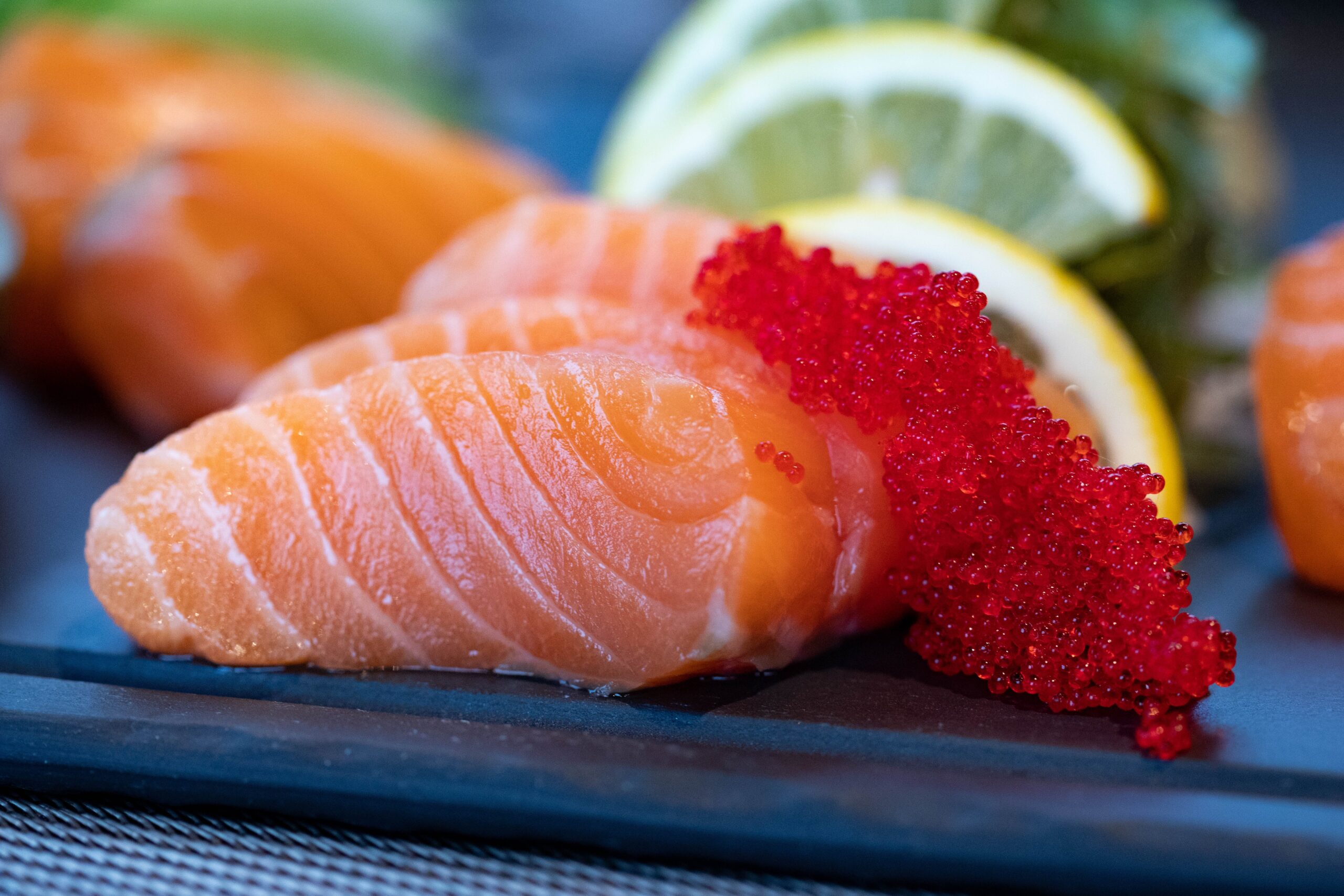
My ice cream looks salty: the taste expectations
Surely you’ve heard that the taste buds on our tongue are responsible for whether we feel the sweet, bitter, salty, or sour taste of a dish. You may even know that the tongue is not as rigidly divided into taste zones as the illustrations of a biology textbook suggested. However, this still does not fully explain how we perceive flavors. Our taste expectations have great significance.
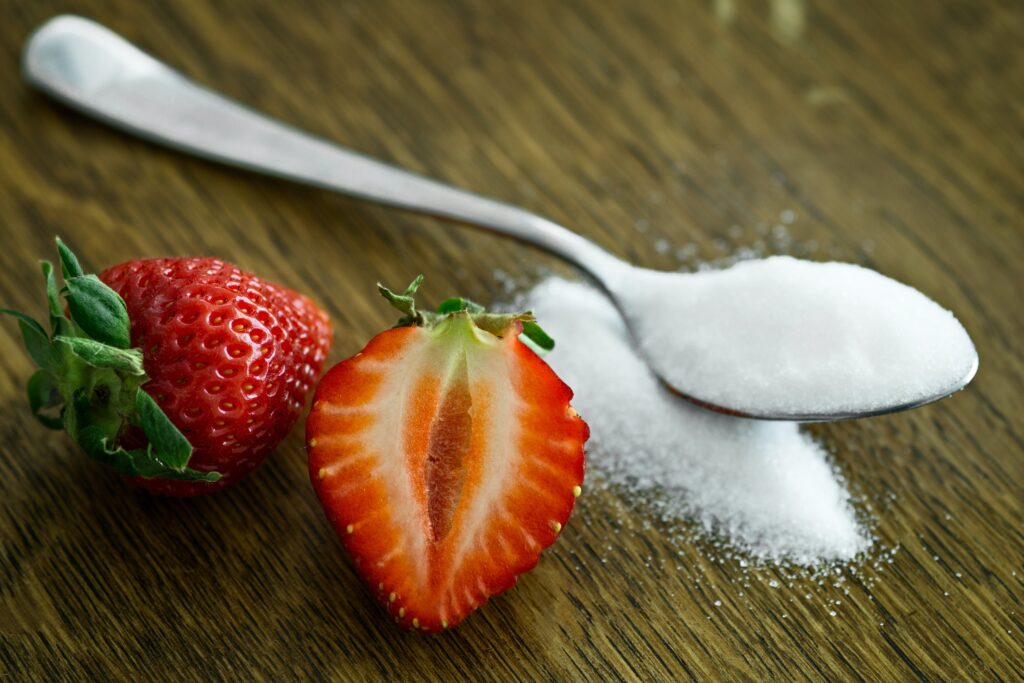
The sweet placebo
We associate the placebo effect primarily with medicine and psychology. The patient, thinking it is a drug, takes a substance that does not affect their health, and feels better. Interestingly, our taste works the same way. The expected sweetness will make the dish seem sweeter.
In the study by Wilton M, Stancak A, Giesbrecht T, Thomas A, and Kirkham T. “Intensity expectation modifies gustatory potentials to sweet taste: Evidence of bidirectional assimilation in early perceptual processing” subjects were served drinks with different amounts of sucrose. When they heard they were given a very sweet drink, but they were actually handed a weak sucrose solution, they reported an intense sweet taste. And that’s not all: fMRI imaging confirmed their feelings! An analogous situation occurred with a strong solution, which the researchers called less sweet.
Scientists from the University of Wisconsin came to similar conclusions. They prepared water mixed with varying amounts of quinine or sugar and served it to the subjects. As you might guess, it was the sight of the crossed-out minus sign (which the scientists allegedly marked the most bitter drink) that determined the strength of the bitter taste, not the actual amount of quinine in the solution.
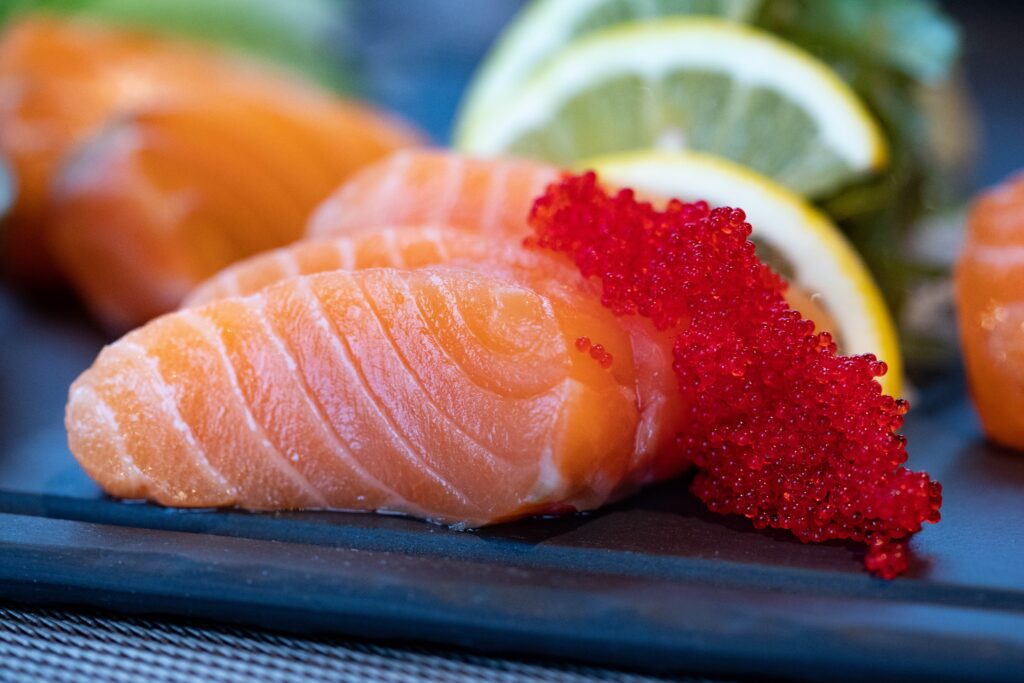
Salmon ice cream
Another interesting study shows that not only the taste itself but also the pleasure of eating is related to expectations. In a study by Martin R. Yeomans, Lucy Chambers, Heston Blumenthal, and Anthony Blake, participants were served a salmon dish. It was called either frozen savory mousse or ice cream. The group that tasted the ice cream was less content with the taste of the dish. What’s more, they rated the level of saltiness higher.
What is the conclusion? It may be more interesting than we think. The actual chemical composition of a dish may not be more important than our psychology. How we expect the food to taste strongly affects how we perceive the flavor. These studies are of great importance for marketing. They mean that the name of the dish and its proper “selling” by the waiter can be crucial for the satisfaction of guests in the restaurant. And when cooking at home, we can praise our own dish out loud before eating – perhaps it will make it taste even better!

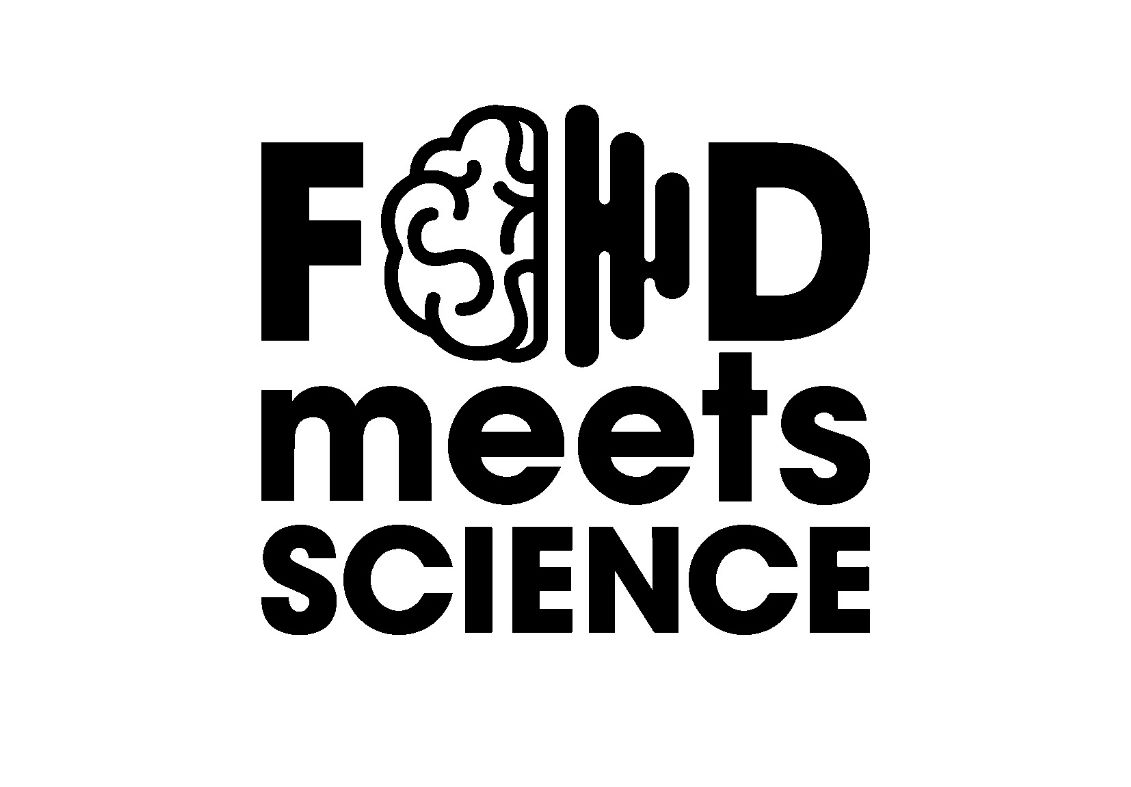





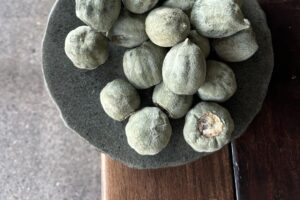

Post a comment